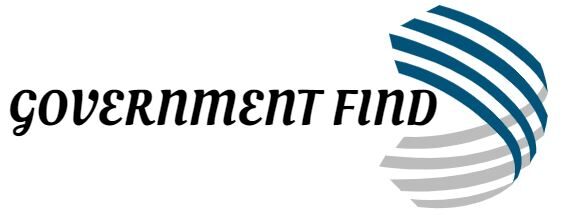
Hello, fellow government enthusiasts! I’m passionate about all things related to the United States government, and I’m excited to dive into the topic of the executive branch. It’s a crucial part of our government system, and there’s so much to explore and understand. So, let’s get started!
The Role of the Executive Branch
The executive branch is one of the three branches of the U.S. government, alongside the legislative and judicial branches. It is responsible for enforcing and implementing laws, as well as overseeing the day-to-day operations of the government.
Powers of the President
The President plays a central role in the executive branch, serving as the head of state and government. They are responsible for making important decisions, commanding the armed forces, and representing the United States in international relations.
Cabinet and Executive Departments
The President is supported by their cabinet, which is composed of the heads of various executive departments such as the Department of State, Treasury, Defense, and Justice. Each department plays a specific role in carrying out the President’s agenda and overseeing key areas of government.
Checks and Balances
One of the fundamental principles of the U.S. government is the system of checks and balances, which ensures that no single branch has too much power. The executive branch is subject to oversight by the legislative and judicial branches, providing a framework for accountability and balance of power.
Executive Orders and Actions
The President has the authority to issue executive orders, which are directives that have the force of law. These orders can be used to implement policies, manage the federal government, and influence the interpretation and enforcement of laws.
Impeachment and Removal
In cases of serious misconduct, the executive branch, particularly the President, can be subjected to impeachment proceedings initiated by the House of Representatives, followed by a trial in the Senate. If found guilty, the President can be removed from office, demonstrating the checks on executive power.
Your Thoughts Matter
Now that we’ve covered some key aspects of the executive branch, I’d love to hear your thoughts. What are your opinions on the role of the President and the balance of power within the government? Feel free to leave a comment below and join the discussion!
Thanks for reading and engaging with this topic. If you have any questions or suggestions for future blog posts, don’t hesitate to reach out. I’m looking forward to our ongoing dialogue!
